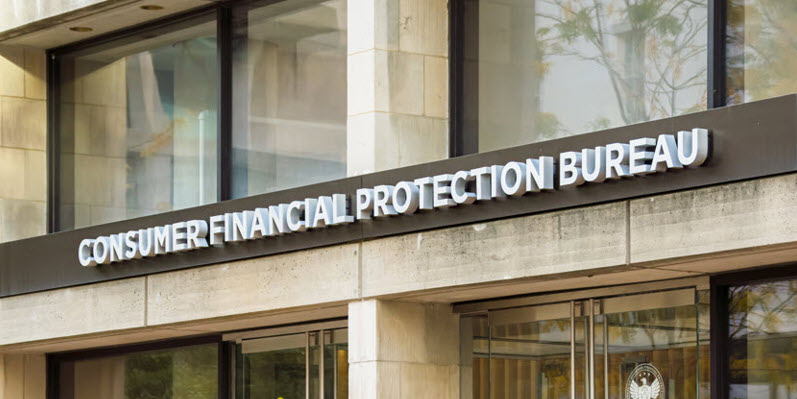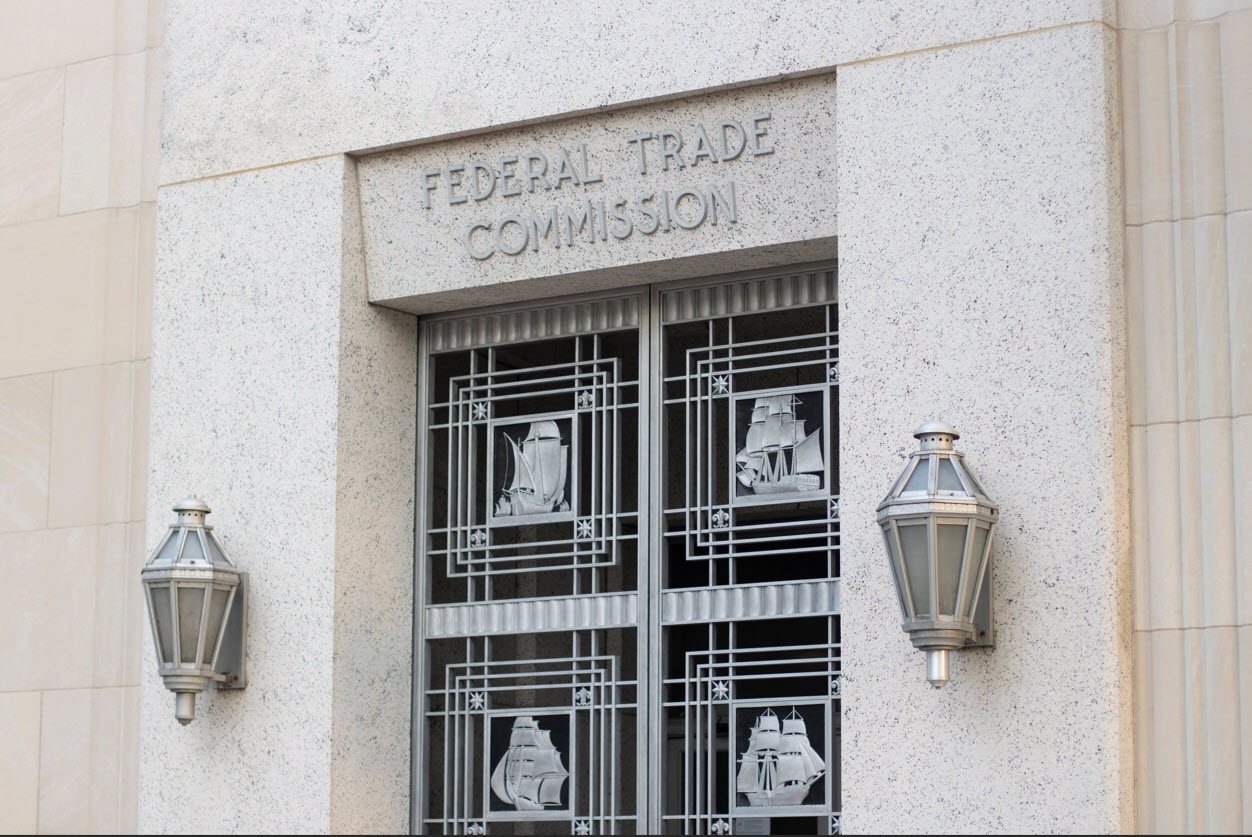The latest edition of the Consumer Financial Protection Bureau’s (CFPB) Supervisory Highlights focuses on issues within the auto-finance market, emphasizing efforts to address deceptive practices, improper repossessions, and violations of consumer protection laws. Auto loans are crucial for millions of American families, with debt in this sector reaching $1.616 trillion as of mid-2024, second only to mortgage debt. The CFPB’s report examines auto-finance companies’ practices and their impact on consumers, revealing significant issues that affect their financial well-being.
Deceptive Advertising and Loan Disclosures
One of the primary concerns raised by CFPB examiners was the prevalence of deceptive advertising in the auto-finance market. Specifically, some subprime auto loan originators were found to engage in misleading practices. Advertisements often promised interest rates “as low as” a certain APR, which gave consumers the impression they could qualify for favorable terms. However, examiners found that the advertised rates were often unattainable for most consumers, with the lowest offered rates being more than double those shown in the marketing materials.
These misleading advertisements influenced consumers’ decisions to pursue auto loans, believing they had a reasonable chance of qualifying for the advertised terms. The CFPB directed auto-finance companies to cease these deceptive practices, revise their policies, and ensure that their service providers present accurate and transparent loan terms in their marketing.
In addition to deceptive advertising, the CFPB identified issues related to loan disclosures. Some auto-finance companies were found to violate the Truth in Lending Act (TILA) by providing inaccurate information about prepayment penalties. Disclosures to consumers incorrectly stated that a penalty might apply if they paid off their loans early, while the actual loan agreements specified no such penalties. In response, the companies were required to correct their disclosures to comply with TILA regulations.
Payment Misapplications and Credit Reporting Errors
The Supervisory Highlights report also uncovered problems with payment processing and reporting. In some instances, payments made by consumers were misapplied, leading to incorrect credit reporting. This mismanagement affected consumers’ credit scores and their ability to secure future loans. Examiners found that incorrect payment histories were reported to credit reporting companies (CRCs), which created further financial hardships for consumers.
Examiners also found that some auto lenders and servicers failed to provide accurate monthly payment amounts or correctly update consumers’ payment records. These inaccuracies not only affected credit reports but also resulted in confusion about the status of consumers’ loans, sometimes leading to unnecessary penalties or fees.
Wrongful Repossessions and Repossession Practices
Vehicle repossession is another area where the CFPB identified significant violations. Examiners discovered instances where auto servicers wrongfully repossessed vehicles even though consumers had made their required payments or had been granted extensions. In some cases, servicers failed to cancel repossession orders after receiving payments, leading to vehicles being taken from consumers who were in good standing.
The magnitude of wrongful repossessions is substantial, with an estimated 1.6 million repossessions expected in 2024. The CFPB highlighted that repossessions cause significant harm, depriving consumers of the ability to travel to work, attend school, or meet other essential needs. In response, servicers were directed to implement policies ensuring that repossessions do not occur when consumers have made payments or secured payment arrangements. Furthermore, companies were instructed to promptly return vehicles if they were repossessed in error.
Examiners also found that some servicers repossessed vehicles without a valid lien, targeting individuals who had no prior relationship with the servicer. This led to substantial consumer injuries, including lost wages and transportation costs. The CFPB required servicers to revise their processes to prevent wrongful repossessions and ensure that liens are properly recorded before any repossession occurs.
Issues with Add-On Products and Servicing Practices
Examiners found that some subprime auto-finance companies engaged in abusive practices related to the sale and retention of payments for optional add-on products. The Consumer Financial Protection Act (CFPA) identifies two main types of abusive practices: first, actions that interfere with a consumer’s understanding of a product or service, and second, actions that take unreasonable advantage of market imbalances. These imbalances can include a consumer’s lack of knowledge about risks or costs, inability to protect their interests, or reliance on a company to act in their best interest.
One example of abuse involved companies collecting and retaining payments for add-on products that consumers did not agree to purchase. These products, which included extended service contracts or GAP waivers, were added to refinanced loans without consumer consent or proper explanation. Recorded calls between service providers and borrowers revealed that important details about these add-ons were not disclosed, and compliance monitoring by the companies was inadequate. As a result, consumers paid for services they never agreed to.
Further, examiners discovered that some companies financed GAP products that were void due to a vehicle’s salvage title—something the companies should have identified through title checks. Consumers paid for GAP coverage that provided no benefit, while the companies saved money by not performing the necessary title checks for certain loans.
Additionally, some servicers created unreasonable obstacles to cancel add-on products. They required consumers to visit dealerships in person twice, which interfered with their ability to exercise cancellation rights. Other servicers refused to honor contracts that allowed for pro rata refunds when consumers requested to cancel within the first year. These practices left consumers paying for services they could no longer use, especially in cases of early loan payoff or default.
Examiners also found that servicers miscalculated refund amounts or delayed refunds for unearned premiums after early loan terminations, causing substantial harm to consumers. These delays and miscalculations led to inflated loan payoff balances and left consumers without timely access to funds they were entitled to.
In response, the entities involved were required to update their policies, ensure accurate refund processes, and improve compliance monitoring. They were directed to engage external consultants to evaluate consumer harm, revise contracts, and implement new procedures to prevent future abuses.
Fair Credit Reporting Act (FCRA) Violations
Auto lenders and servicers that report information to CRCs are required to comply with the Fair Credit Reporting Act (FCRA) and its implementing regulation, Regulation V. The CFPB found multiple instances where auto furnishers violated FCRA accuracy requirements by furnishing incorrect or outdated information. Examples included reporting inaccurate amounts for charged-off accounts, failing to update payment histories after accounts were settled, and furnishing inaccurate delinquency dates.
In some cases, these inaccuracies persisted for over a year, even after being identified through internal audits. This delay in correcting erroneous information caused significant harm to consumers, affecting their ability to secure future credit. The CFPB required auto furnishers to conduct comprehensive reviews of their data and implement prompt corrections to prevent further inaccuracies.
Conclusion
The CFPB’s findings in the auto-finance market underscore the importance of fairness, transparency, and compliance with consumer protection laws. From deceptive advertising to wrongful repossessions and inaccurate credit reporting, these practices have far-reaching consequences for consumers. The Bureau’s ongoing oversight aims to ensure that auto lenders, servicers, and furnishers adhere to the law and treat consumers fairly. By addressing these issues, the CFPB seeks to protect consumers from financial harm and promote accountability within the auto-finance industry.

Author: Jennifer Evancic
Jennifer.Evancic@ResourceManagement.com
Jennifer Evancic is a third-party auditor valued by creditors and large organizations for her knowledge in call monitoring within the collections industry. With meticulous attention to detail and a firm grasp of regulatory requirements, she ensures compliance with clients’ criteria and state and federal regulations.
Jennifer audits collections calls, ensuring they meet client-specific criteria and comply with regulations, providing valuable insights and maintaining industry standards.
Beyond her auditing responsibilities, Jennifer takes the lead in organizing and facilitating monthly call calibrations. These sessions serve as a collaborative forum where clients and their vendors come together to discuss call monitoring results and address any findings or areas for improvement. Jennifer’s guidance fosters open communication and ensures alignment between clients and vendors, driving continuous improvement in collections practices.
Jennifer stays up-to-date with compliance and industry best practices by participating regularly in peer meetings, regulatory updates and industry webinars. This keeps her informed about emerging issues and ensures she remains a knowledgeable leader in collections compliance.
Sign Up for the Twice Monthly Newsletter
Just enter your email address at the top orange bar at:
Collection Compliance Experts – “The Power of Expertise: Oversight Perfected”
It’s that easy! Twice a month – we provide blog updates and Resources for the Collection and Industry Professional.
Your email is just for this newsletter. We never sell your information. No fee. Opt-out at any time.





